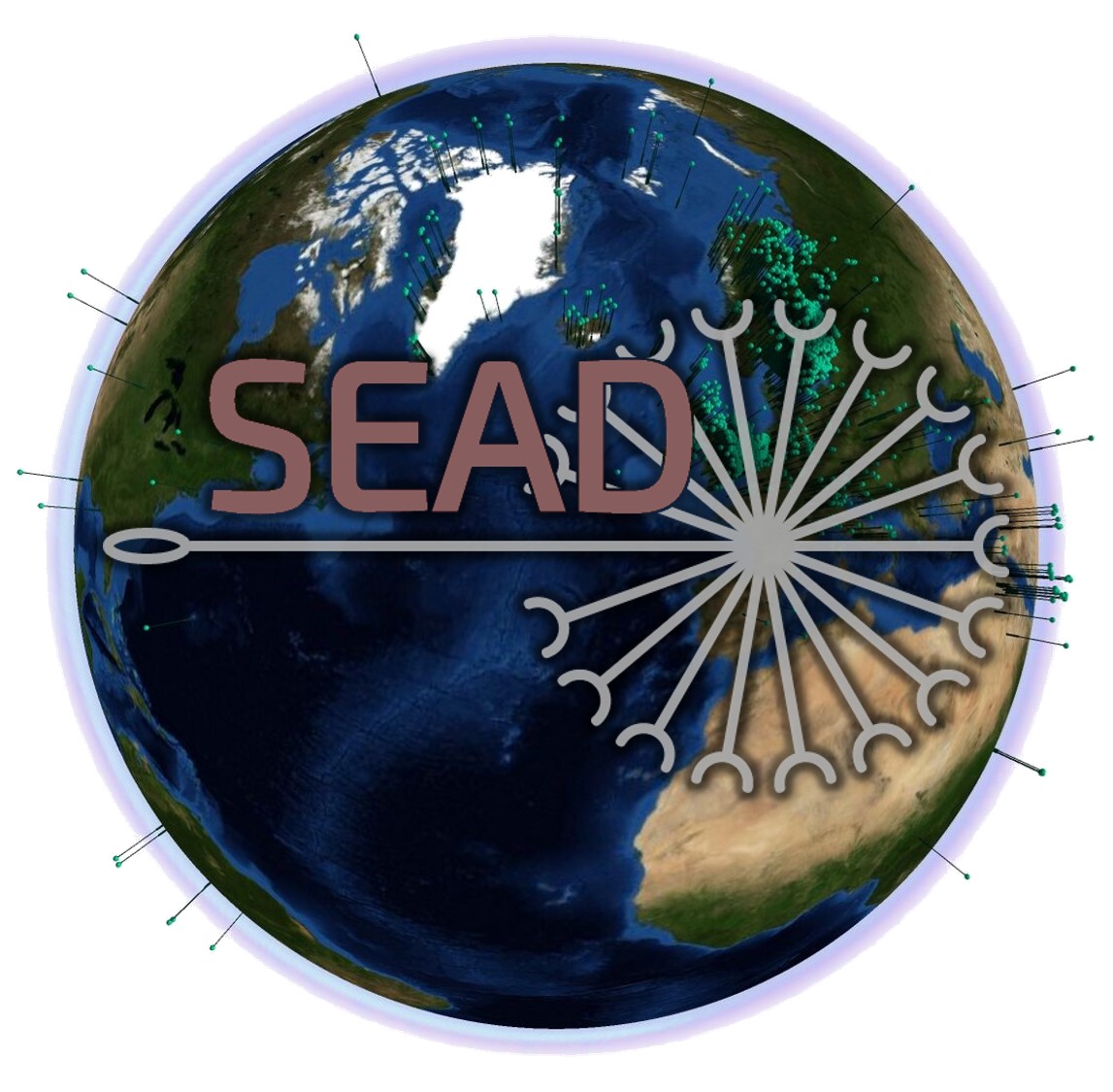WELCOME TO THE SEAD PROJECT!

SEAD, or the Strategic Environmental Archaeology Database, is a national research infrastructure for archaeology and an international standard database for environmental archaeology data. It is being developed and managed at the Environmental Archaeology Lab (MAL), in collaboration with HUMlab at Umeå University, Sweden.
Development and data ingestion is progressing in partnership with the National laboratory for wood anatomy and dendrochronology at Lund University, Sweden, as well as the Archaeological Research Laboratory at Stockholm University. Future development plans include integration with the Swedish National Heritage Board‘s information systems and the capacity to serve as a data source for any system. Connectivity to modern biodiversity databases is being undertaken as part of the The Swedish Biodiversity Data Infrastructure.
The system allows the online storage, extraction, analysis and visualisation of data on past climates, environments and human impacts, and forms part of an international network of research infrastructure for environmental archaeology and Quaternary palaeoecology. Our mission is to provide online tools to aid international researchers in these tasks, and to provide access to data that are currently not accessible online.
SEAD is the official database infrastructure of the ArchLab Consortium of Archaeological Research Laboratories, a partner in the Neotoma Paleoecology Database and Community and the NSF funded network for Building Cyberinfrastructure for Transdisciplinary Research and Visualization of the Long-Term Human Ecodynamics of the North Atlantic and data provider in the dataArc project.
The most recent funding to SEAD has been as a part of the parallel VISEAD project by the Swedish Foundation for Humanities and Social Sciences. SEAD has in the past been financed by The Swedish Research Council, Umeå University Faculty of Arts and the Department of Historical, Philosophical and Religious Studies. Component projects have been funded by Lund University.
We are always interested in hearing from anyone, including students and interns, wishing to undertake projects involving the database. See contacts for more information. Please contact the team should you wish to make your data available through the system, or work with us in any other capacity.
